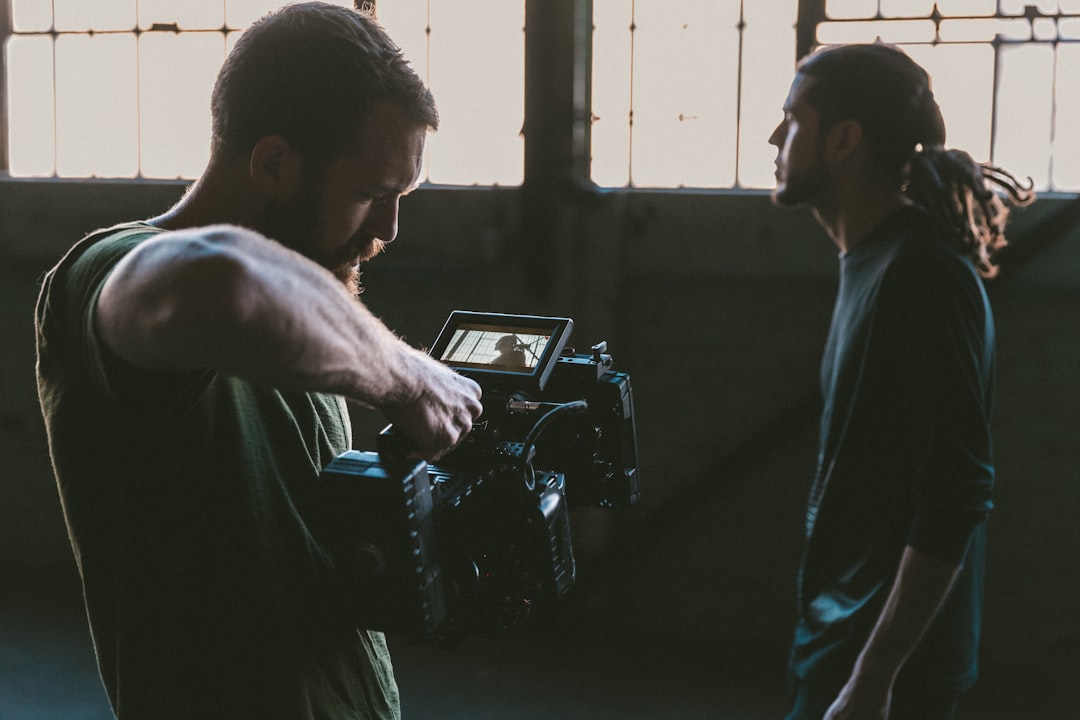Media Producer Kaihautū Pāpāho
Media producers plan and produce films, television programmes, theatre productions, music, digital content, radio shows, festivals and other artistic activities.
Media producers may do some or all of the following:
- choose an idea, script or book to turn into a film, play, video, radio show or television programme
- create, submit and pitch proposals for productions
- secure finance and manage the production budget
- hire, guide and instruct artists and other staff
- oversee the production and work closely with the creative team
- supervise marketing and distribution
- negotiate and liaise with corporate clients.
Useful Experience
Useful experience for media producers includes:
- work in other areas of film, television, stage or music production or direction
- work in the media
- work in visual arts, marketing or arts administration
- management and business experience.
Personal Qualities
Media producers need to be:
- excellent at problem solving
- extremely well organised, with good planning skills
- strong communicators and negotiators
- good at creating and maintaining professional and personal relationships
- good at managing and motivating people
- motivated and good at setting goals
- resilient and persistent
- able to work well under pressure.
Skills
Media producers need to have:
- skill in assessing scripts, books, plays, music and other media
- a thorough understanding of the industry they are working in, locally and globally, and the processes that go into creating productions
- business and marketing skills, including the ability to create contracts.
Conditions
Media producers:
- may work long and irregular hours including weekends and evenings
- work in offices, film and television studios, recording studios and rehearsal rooms, and on location
- may travel locally or internationally for productions.
Subject Recommendations
There are no specific secondary education requirements to become a media producer. However, accounting, media studies, digital technologies, te reo Māori, design and visual communication, music, dance, and drama are useful.
Related Courses
Media producers may progress to set up their own production companies.
Media producers can specialise in a number of roles, including:
- Digital Producer
- Digital producers co-ordinate and oversee the production of digital content.
- Film Producer
- Film producers put together teams to create films, and plan and oversee the productions.
- Radio Producer
- Radio producers put together teams to create radio programmes, and plan and oversee the productions.
- Record Producer
- Record producers organise, direct and oversee the recording of music.
- Stage Producer
- Stage producers put together teams to create theatrical performances, and plan and oversee the productions.
- Television Producer
- Television producers put together teams to create television programmes, and plan and oversee the productions.
Years Of Training
There are no specific requirements to become a media producer. However, a tertiary qualification in media production, such as a Bachelor of Broadcasting Communications, may be useful.
It is essential for media producers to have strong industry knowledge as well as experience in the type of productions they want to produce.
Self-employed media producers also need business experience.

 Twizel Area School
Twizel Area School